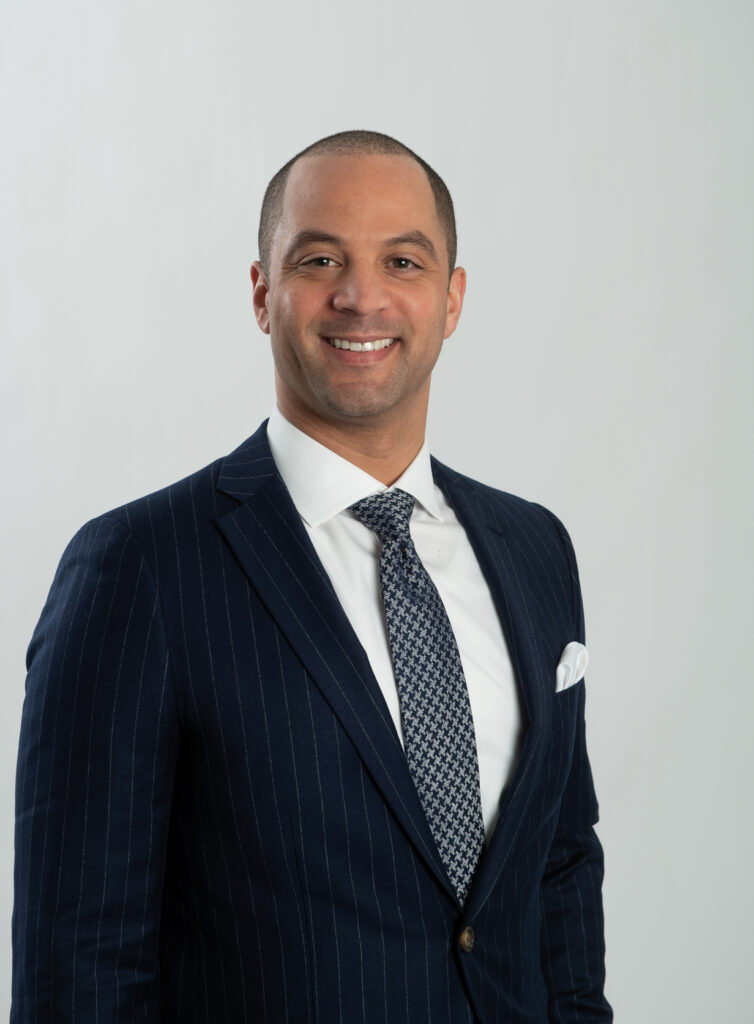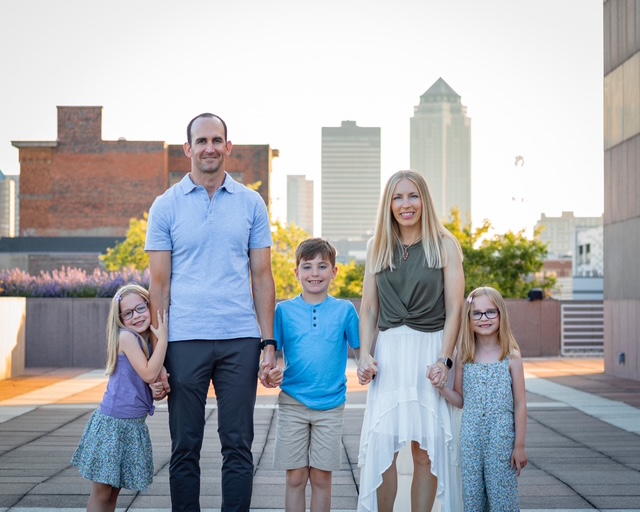Editor’s note: Researchers at the University of Kansas recently found that American dads are spending more time with their children today than they were prior to the COVID-19 pandemic.
A study done by the Institute for Family Studies shows that trend began long before the pandemic. Fathers in certain populations have been increasing their time of involvement with their children for more than two decades.
The norms for fatherhood are evolving. Whereas previous generations of fathers were not widely expected to participate much in child-rearing, fathers today are more emotionally and physically involved with the day-to-day lives of their children. Parents also play a role in modeling behavior and gender expression that both their sons and daughters pick up on.
Because mothers have historically taken on the brunt of household management duties, the involvement of fathers is changing the dynamics of many families in ways that benefit everyone.
Fearless approaches gender equity with an inclusive and intersectional lens. In honor of Father’s Day on June 15, we wanted to explore how fatherhood relates to gender equity.

By Chris Conetzkey | president and group publisher, Business Publications Corp.
In addition to being allies for their daughters, I think it is becoming more and more clear that fathers will need to play an increasing role and be more intentional in helping their sons understand gender equity issues. There has been a growing body of research that points to young men being less supportive of gender equality in comparison to young women as well as men of previous generations. In addition, many news articles have zeroed in on falling levels of boys’ educational achievement, mental health and their challenges transitioning to adulthood.
That growing body of evidence has highlighted some of the unique and perhaps not yet understood effects that boys are facing growing up in the existing technological and political climate. I’d recommend that fathers and mothers read a recent story in the Atlantic titled “What parents of boys should know.” The article focuses on how daughters tend to receive higher levels of affection and patience at home than sons, argues that perhaps sons might even need it more and shares how a lack of attention could be leading to some of the increasing gaps and changes in perception on issues like gender equity.
I have a 5-year-old son and a 1-year-old daughter. I know that for my daughter there are research, tools and support networks to help her, and my wife and me as her parents, navigate the many gender equity issues in the world. I worry about changes in gender equity perceptions and a continued backslide among men and what that could mean for her. I don’t know that there is research, tools or understanding of how to support boys and my recent reading has me more focused on what I might be able to do to help support my son by educating him and being intentional on the topic of gender equity.
I’ll let this final paragraph from the aforementioned Atlantic article sum it up: “It took several decades to begin to reverse American stereotypes about what was possible for girls. It may likewise take decades to reverse current attitudes and perceptions, in our politics and culture, about what boys should be. But if Americans truly want to improve the outcomes for boys — and, by extension, for society — the place to begin is at home, with fathers’ and mothers’ first attempts at nurturing.”
Fearless Editor Macey Shofroth invited six community leaders to also weigh in on the role they think fathers play in advancing gender equity. Here’s what they had to say.

Tony Dickinson, president, NCMIC Finance Corp.
Fathers are key to advancing gender equity by sharing domestic responsibilities, showing men and women can equally contribute at home. They should raise empowered daughters, encouraging limitless ambitions and teach sons to respect women as equals, breaking gender-based expectations. By rejecting toxic masculinity and embracing vulnerability and collaboration, fathers challenge norms that perpetuate inequality. This fosters a culture valuing contributions over outdated gender roles. Through actions at home, public advocacy and intentional parenting, fathers instill fairness and respect in the next generation, actively advancing gender equality.

Tim Johnson, YouthBuild director, Great Oaks High School
Fathers play a dynamic role in advancing gender equity by role modeling respect and actively challenging traditional gender norms. Within the family, fathers who share caregiving responsibilities, household duties and decision-making equally with their partners help normalize the idea that gender does not determine one’s role at home or in the workplace. This sets a powerful example for children of all genders, shaping their beliefs about fairness, capability and mutual respect. Additionally, fathers who engage in conversations about consent, emotional expression and respect help raise a generation that is more conscious and supportive of gender equality.

Rajee Harris, chief operating officer, REOC Investments
Fathers play a pivotal role in advancing gender equity – both through how we model respect and equality at home and how we advocate in the workplace. I watched my mother rise to the C-suite in a male-dominated industry, facing inequities in respect and compensation at every stage in her journey until launching her own successful company. That experience inspired my commitment to supporting women in my own company and industry. As a father of two sons, I know that how I treat my wife and champion women professionally will influence how they value and uphold gender equity in every part of their lives.

Cory McAnelly, assistant general counsel, patent attorney, Principal Financial Group
Fathers have a chance to be one of the brightest models of respectful and equitable behavior for their sons and daughters and to demonstrate how to challenge stereotypes. Actions. Speak. Volumes. The things we do, like sharing caregiving responsibilities, supporting daughters’ ambitions and treating our partners as equals, can start to normalize equity for the next generation. We must also serve as amplifiers of the mentors in our lives, like those featured in Fearless, that actively foster environments where equity thrives. When we build our lives around these behaviors and lead with fairness and empathy, we help build a more balanced and just world for all genders.

Joe Murphy, president, Iowa Business Council
The most important job I have is to be a good dad. Together with my wife, Amy, we’re committed to instilling values in our children that foster ambition, empower them to pursue their dreams, and reinforce the importance of hard work, resilience and collaboration. We regularly talk about how effort and integrity matter — and we share stories from our own lives where perseverance made the difference, as well as moments when we fell short and had to learn, adapt and keep going. Above all, we strive to create an environment where each of our children feels seen, supported and confident in their ability to grow into whoever they aspire to become.

Thomas Nucaro, community volunteer
Fathers play a crucial role as gender equality begins at home. If you teach children to respect others and treat all people equally and with kindness and compassion, you are also teaching them that they deserve a future full of opportunity and equality.
A father should let his children know they can talk to him about any gender-related concerns or questions without judgment. It’s not just about being there for your daughters or sons. The values that drive a father’s dedication to his children should be aligned with the values that drive his behavior.


0 Comments